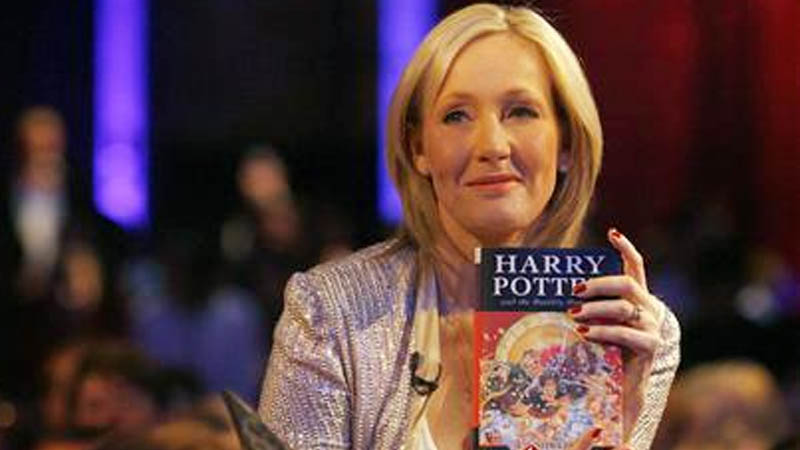
J.K. Rowling’s Mother’s Day Post Reignites Inclusive Language Debate
Share0J.K. Rowling, the celebrated author behind the “Harry Potter” series, found herself at the center of controversy once again following a Mother’s Day post that appeared to mock the use of inclusive language by trans activists. The post, shared on the social media platform X (formerly known as Twitter), coincided with the UK’s Mother’s Day celebration on March 10.
❤️💐Happy Birthing Parent Day to all whose large gametes were fertilised resulting in small humans whose sex was assigned by doctors making mostly lucky guesses ❤️💐
— J.K. Rowling (@jk_rowling) March 10, 2024
Rowling’s message read: “Happy Birthing Parent Day to all whose large gametes were fertilised resulting in small humans whose sex was assigned by doctors making mostly lucky guesses.” This post stirred backlash, with critics accusing her of ridiculing inclusive terminology that seeks to embrace diverse family structures and identities.
In response to the ensuing criticism, Rowling adopted a sarcastic tone in a follow-up post, expressing her surprise and dismay at the negative reaction from proponents of inclusive language. She then posted: “Devastated and bewildered that my embrace of inclusive language has angered its most enthusiastic devotees,” followed by a more traditional Mother’s Day greeting, “So let’s just say: Happy Mother’s Day to all females who’ve raised children.”
The controversy extends beyond these posts, as UK television personality India Willoughby, who is transgender, reported Rowling to the police for alleged transphobic remarks. Willoughby accused Rowling of deliberately misgendering her in public statements. Rowling countered these claims on X, suggesting that Willoughby’s actions could constitute legal harassment, although she previously refrained from taking legal action to avoid giving Willoughby undue attention.
Rowling’s statement highlighted her intention to clarify her stance to the police, emphasizing her view of Willoughby as exhibiting characteristics she associates with male narcissism, particularly the inability to enforce his perceived identity on others. This latest incident adds another chapter to the ongoing discourse surrounding Rowling’s views on gender identity and inclusivity.
